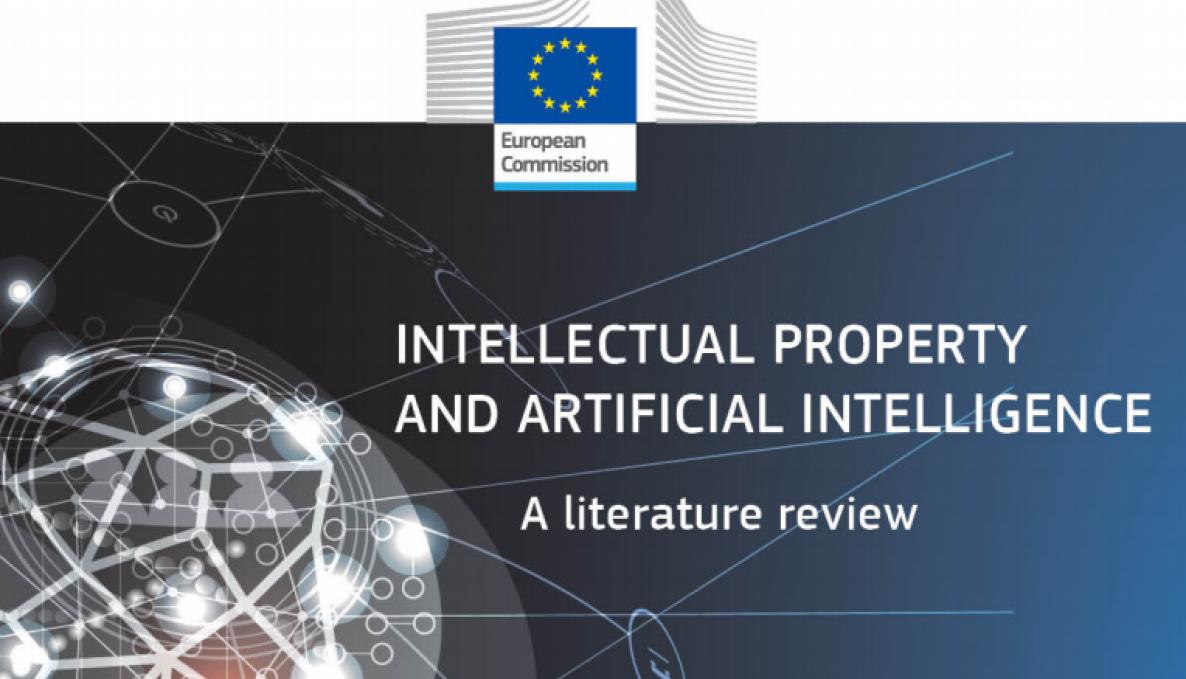artificial intelligence and intellectual property: SANT’ANNA school is recognized as an INFLUENCER in the EU debate on data protection. A study by Dirpolis institute scholars is a crucial step in the european commission assessment procedures

The paper Why a right to Legibility of Automated Decision-Making Exists in the General Data Protection Regulation, published in the International Data Privacy Law journal and authored by Sant’Anna School Professor Giovanni Comandé and former law student Gianclaudio Malgieri, now a Doctoral Researcher at Vrijie Universiteit Brussel, provides an important contribution to the debate around the issues concerning.
It has been cited and quoted in the report Intellectual Property and Artificial Intelligence A literature review issued by the Joint Research Centre (JRC), the European Commission's science and knowledge service supporting the EU policy. The JRC members enhance the knowledge base for policymaking through better knowledge management.
A broad-ranging debate is needed to assess the extreme datafication and affirm the importance of privacy and intellectual property individual and collective rights. In terms of potential impact of automated data processing, i.e. the comprehensibility without full transparency and the transparency without full comprehensibility, Comandé and Malgieri suggest the ‘legibility’ concept should be introduced when considering awareness tools towards algorithms usages. “Legibility” is concerned with making data and analytics algorithms both transparent and comprehensible to the people also when the commercial use of data affects intellectual property.
They claim that the General Data Protection Regulation (GDPR) leads to a ‘legibility-by-design’ system for ensuring the autonomous capability of individuals to understand the functioning and the impact of algorithms. The two authors highlight the primary role of transparency as a tool to enable accountability and the opportunity for auditing algorithms or correcting unknown machine biases, thus enhancing the quality of decision-making outputs.



